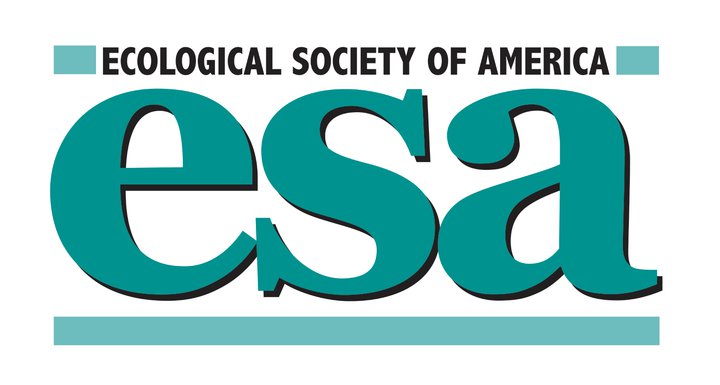Location
The Ecological Society of America (ESA) is a nonpartisan, nonprofit organization of scientists founded in 1915 to:
- promote ecological science by improving communication among ecologists;
- raise the public’s level of awareness of the importance of ecological science;
- increase the resources available for the conduct of ecological science; and
- ensure the appropriate use of ecological science in environmental decision making by enhancing communication between the ecological community and policy-makers.
Ecology is the scientific discipline that is concerned with the relationships between organisms and their past, present, and future environments. These relationships include physiological responses of individuals, structure and dynamics of populations, interactions among species, organization of biological communities, and processing of energy and matter in ecosystems.
Members:
Resources
Displaying 46 - 47 of 47Desert Plant Communities in HumanâMade PatchesââImplications for Management
We measured productivity and diversity of annual plant communities in humanâmade pits and mounds (20 ° 30 ° 100 cm) in the Northern Negev of Israel. We differentiated the species according to propagule size, dispersal mode, and geographical distribution in Israel. Our results in 28 experimental units containing a pit, a mound, and a portion of the undisturbed surrounding "matrix" showed that species richness, total plant density, and biomass yield were higher in the pits and mounds than in the matrix.
Ecological Risk Assessment at The Regional Scale
Ecological risk assessments are used by policy makers and regulatory agencies for balancing and comparing ecological risks associated with environmental hazards. An approach for regionalâscale ecological risk assessment is described and demonstrated by modeling environmental risks associated with elevated ozone in a forested region. The demonstration illustrates (1) how a regionalâscale risk assessment might be done, (2) the importance of spatial characteristics in considering regionalâscale risk, and (3) the necessity of considering terrestrial and aquatic linkages.


